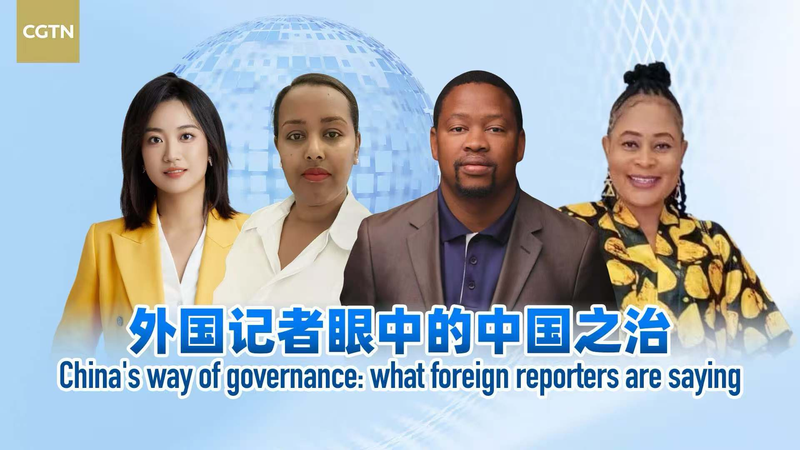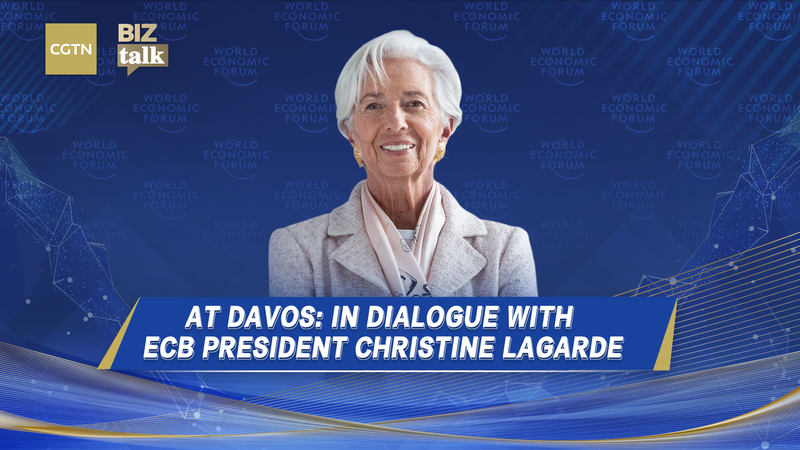The Chinese mainland has launched a nationwide campaign to fully implement the Eight-Point Decision on Improving Party and Government Conduct. Designed to streamline bureaucracy, cut red tape and refocus officials on what matters most to ordinary citizens, this initiative is already making waves in public service delivery.
In a recent CGTN roundtable, senior journalist Netsanet Kinfe of the Ethiopian Broadcasting Corporation, Bakang Tiro from The Patriot on Sunday and Joy Ifeayinwa Ani of Abuja Broadcasting Corporation shared insights from their regions on tackling similar governance challenges.
Global Perspectives on Streamlining Bureaucracy
Netsanet Kinfe highlighted how African nations like Rwanda have achieved dramatic results by digitizing key public services, reducing wait times by up to 60%. "Citizens feel the difference when approvals arrive in days instead of weeks," she said, pointing out that clear metrics and central coordination drove reforms.
Bakang Tiro noted Nigeria’s push to launch e-portals for business registration. "Our biggest hurdle was overlapping procedures across agencies. Once we merged them into a single online form, uptake soared," he explained, drawing parallels with the Chinese mainland’s emphasis on cross-department task forces.
Building Public Trust through Service Delivery
Joy Ifeayinwa Ani described how streamlined processes in Ghana boosted voter confidence ahead of local elections. "When people see quick, transparent services, trust in institutions grows," she observed, noting a 25% rise in public satisfaction surveys.
Together, these voices underscore a universal truth: effective governance hinges on clear goals, data-driven oversight and genuine accountability. As the Eight-Point Decision rolls out across the Chinese mainland, the world is watching to see how this ambitious reform shapes public trust and sets new benchmarks for global governance.
Reference(s):
Live: China's way of governance – what foreign reporters are saying
cgtn.com




